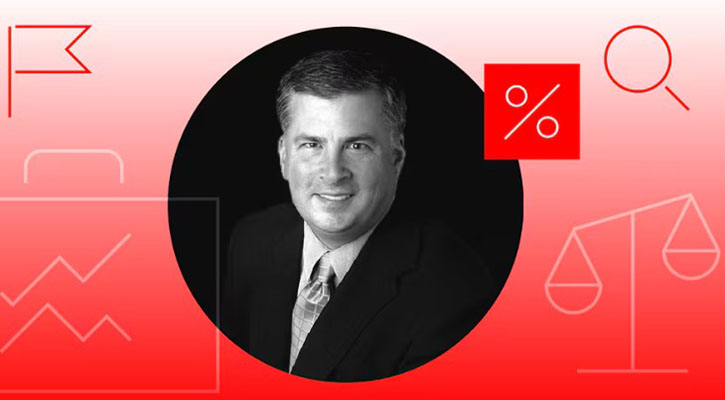January is finally over – and what a volatile month it has been. Investors could be forgiven for seeking out lower risk, lower return options, such as cash. Among the most popular stories last week was where to find a saving account with the highest interest rate. Below are 10 of the most popular articles trending last week on Morningstar.co.uk.
Top 20 FTSE 350 Dividend Paying Stocks
UPDATED JULY 2015: A well-blended portfolio of stocks from the FTSE 350 can provide investors with a diversified sustainable income for life
Ditch the Big Banks for the Best Cash Savings Rates
THE INCOME INVESTOR: According to consumer group Which?, savers opting for an account with a high street bank are losing nearly £300 over two years
NEWS YOU CAN USE: This month we reveal the new adviser-only fund run by Neil Woodford, and the latest fund launches and closures on the UK market
Want to pay less income tax? Avoid higher tax bands, get back your Child Benefit and avoid the Personal Allowance clawback using legal allowances and reductions
Hobson: Buy Shares on the Market Dips Except RBS
THE WEEK: After a six week hiatus, Rodney Hobson is back - and he is not best pleased with how certain stocks have behaved in his absence
A guide to fund investing for beginners... and a reminder of the basics for those more experienced investors who need a re-cap
The Discounted Cash Flow Method
Investors should consider using the Discounted Cash Flow (DCF) method to estimate the absolute value of a company
Which UK Equity Income Funds are Earning their Fee?
Investors should be aware of paying higher costs for active funds performing passively - we compare 10 top rated actively managed UK equity income funds to a passive fund
Top 20 FTSE 100 Dividend Paying Stocks
THE INCOME INVESTOR: The largest companies in the UK source their revenues internationally, meaning your dividend stream is boosted by global economic growth
How to Invest a Lump-sum Inheritance
The problem with most lump sums inheritances is that they come unexpectedly, may be in illiquid assets and are unlikely to fit neatly into an investors’ long-term financial planning




























